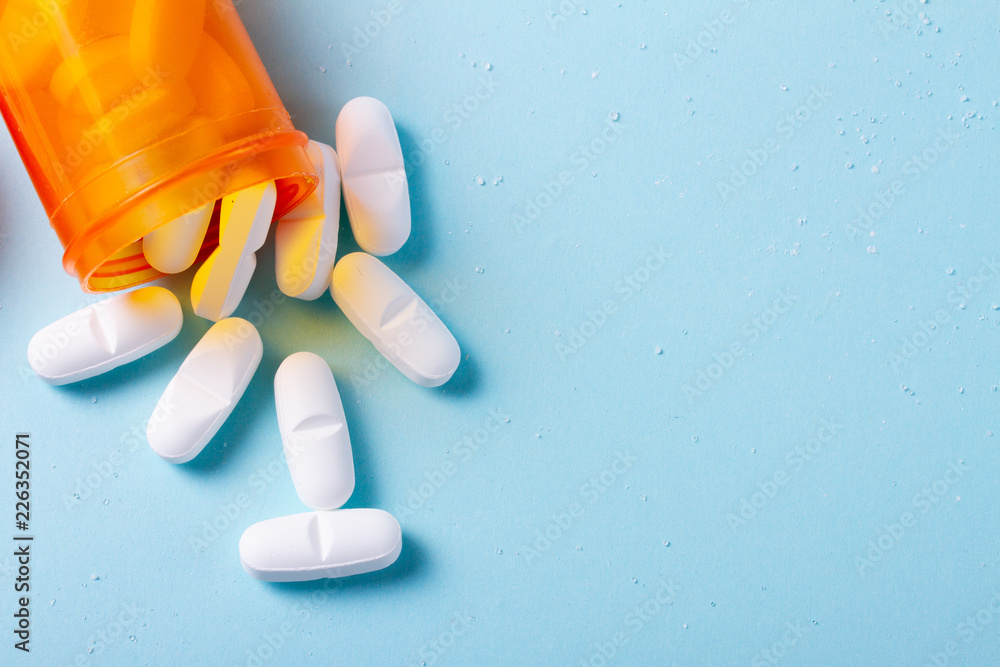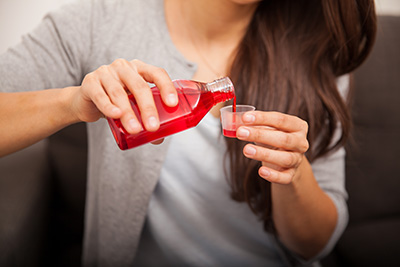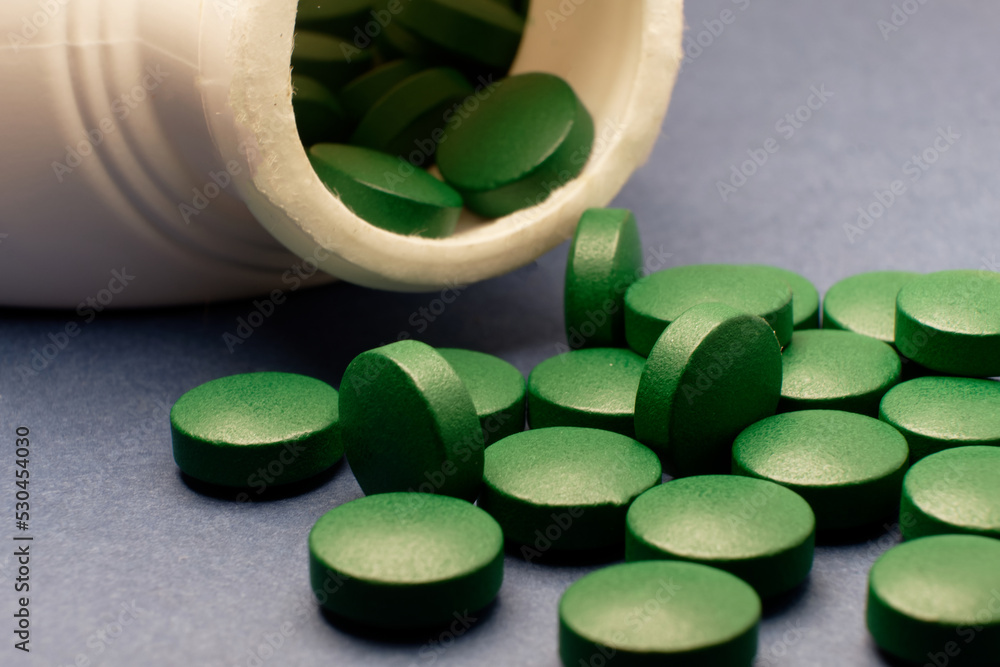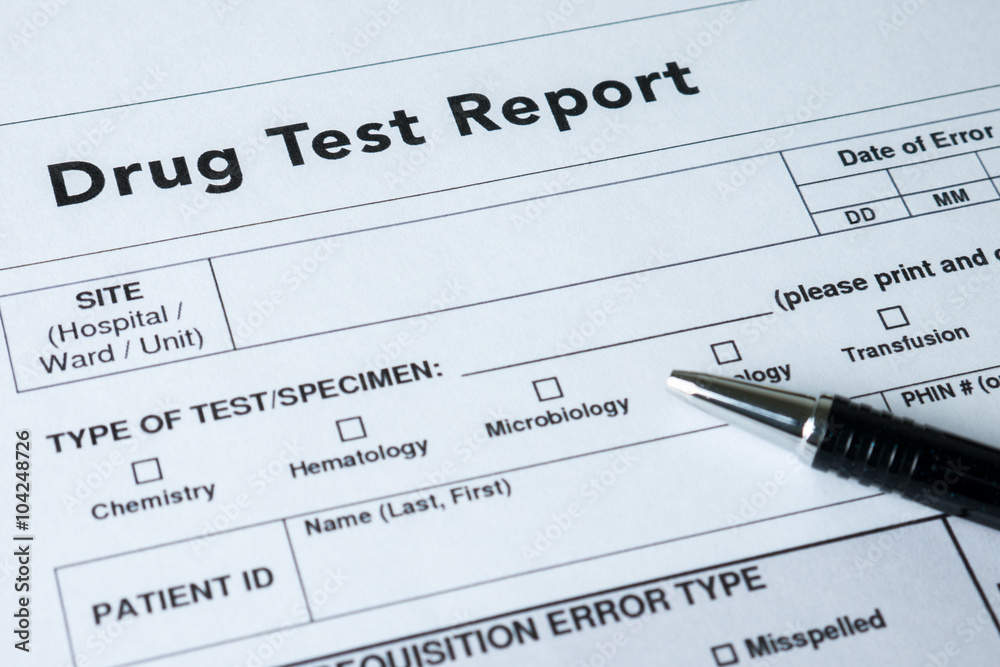
Tianeptine, also known as Stablon and Coaxil, is a prescription medication used to treat major depressive disorder and anxiety disorders. It is a tricyclic antidepressant, meaning that it works by increasing the levels of certain chemicals in the brain that are responsible for regulating mood.
While tianeptine has been shown to be effective in treating depression and anxiety, there is some concern about its potential for addiction. Some studies have suggested that tianeptine may have addictive properties, particularly when it is used in high doses or when it is taken for extended periods of time.
One study published in the Journal of Substance Abuse Treatment found that tianeptine abuse was associated with symptoms of physical dependence, including withdrawal symptoms such as tremors, sweating, and insomnia when the drug was stopped abruptly. Another study published in the Journal of Clinical Psychiatry found that tianeptine abuse was associated with a high risk of relapse and a need for professional treatment.
It is important to note, however, that these studies focused on individuals who were abusing tianeptine, rather than using it as prescribed. When taken as directed by a medical professional, the risk of developing an addiction to tianeptine is thought to be low.
It is always important to follow the instructions of your healthcare provider when taking any medication, including tianeptine. If you are prescribed tianeptine, be sure to take it exactly as directed and do not increase your dosage without consulting your healthcare provider. If you are experiencing any adverse effects or if you are concerned about the potential for addiction, it is important to speak to your healthcare provider as soon as possible.
In conclusion, while tianeptine may have addictive properties when it is abused, the risk of addiction when the drug is used as prescribed is thought to be low. As with any medication, it is important to follow the instructions of your healthcare provider and to be aware of the potential risks and side effects.



